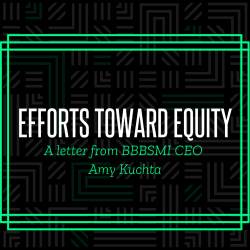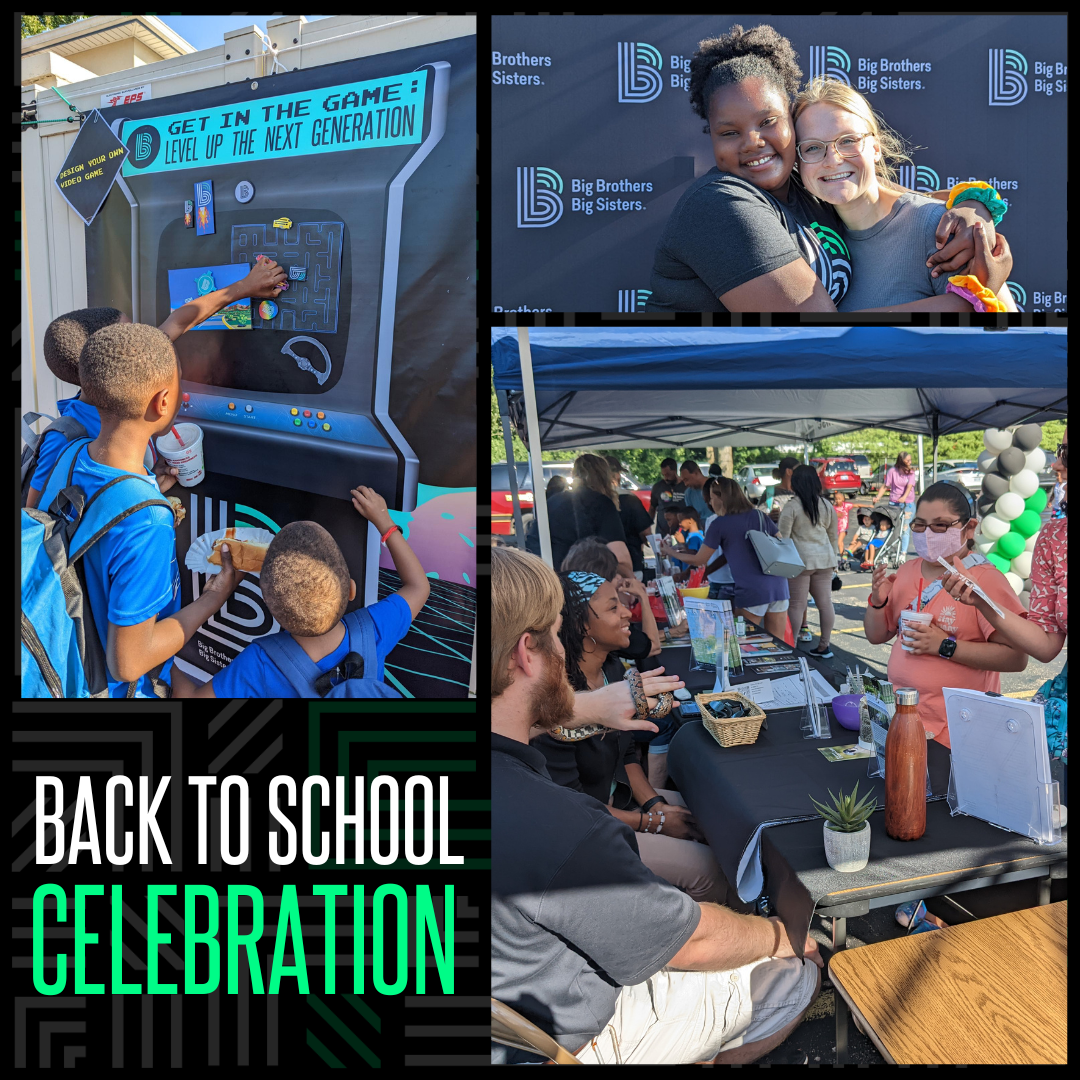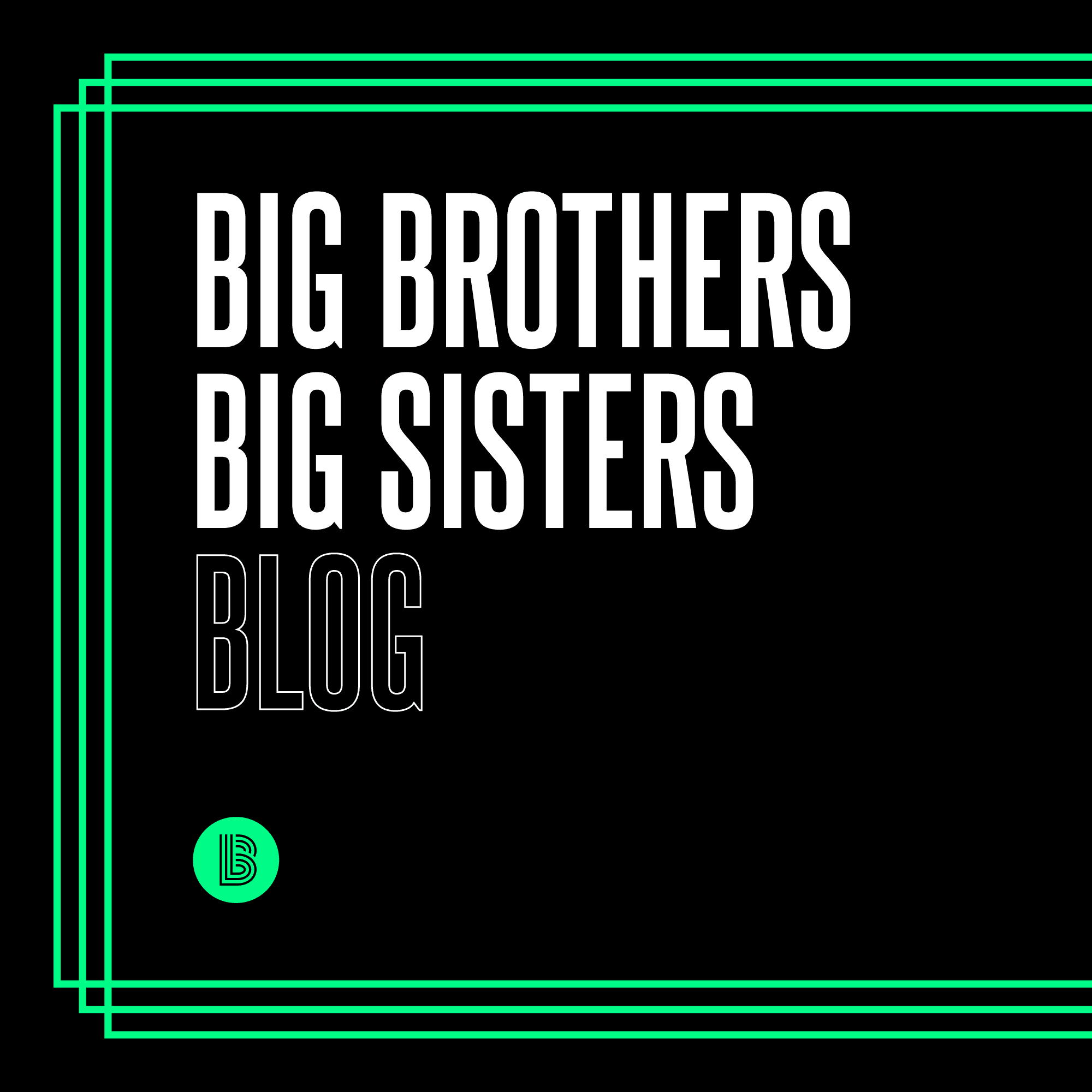Hola, Aloha, Hello, Kamusta: Reflections on Ethnic Ambiguity During AAPI Month
Jessie Reyes, our Marketing Coordinator, shared her story with our team this month in celebration of Asian American Pacific Islander Heritage Month.
May is Asian American Pacific Islander (AAPI) Heritage Month. This annual celebration recognizes the historical and cultural contributions of AAPI folks. I am proud to be a Pacific Islander and I am proud of my American roots- and the intersection of these two things is as complex as it is beautiful.
WHERE DO I BELONG?
I was born in Michigan. In 1995, my mom, dad, older sibling and I packed everything we owned and moved to the Philippines to be with my mom’s side of the family.
On my first day of school, it was immediately evident that I was not like my Filipino classmates. I can vividly recall my teacher saying to me, in Tagalog, “Oh, you’re a chubby white American. You must be rich!” (Spoiler alert: We definitely weren’t rich.)
When we moved back to the United States in 1997, on my first day of school it was painfully obvious that I was not like my American classmates. I can vividly recall a classmate saying to me, “You’re not American. You’re from China.”
As the daughter of a Filipina mother and a white father, I have been acutely aware for my entire life that I am not Filipino enough to be recognized as such and just ethnic looking enough for white people to ask ignorantly, “What… are you?” (This is incredibly rude and inappropriate. Same goes with “Where are you from?”)
“THAT WAS JUST A TUESDAY…”
In 2016 I worked in a predominantly white school district. The students I worked with recognized that I didn’t look like anybody they had ever seen. I was happy to answer their questions about my family and Filipino culture. The staff was also very kind, but not as outwardly curious.
One day a secretary called down to the classroom of one of my students, “The brown girl from Big Brothers Big Sisters is here to talk with [student].”
I was stunned to learn that this was how I was being identified, not just by the secretary, but by the teacher who received the message and by the student. The brown girl. As if that were the only identifying factor about me. As if I didn’t have a name. There was a sharpness in the way she said it, and it felt like she had spit in my face.
Admittedly, although I had lived my life in a shroud of what I now recognize as racism, I had no idea what to do in that moment. My brain kept circling back to, “But you are brown, Jessie.” I bit my tongue.
When I got back to the Big Brothers Big Sisters office, it didn’t feel like anything worth mentioning… That was just a Tuesday in my life, after all. I was early in my career. While it did come up in an all staff meeting within a few months, I don’t remember any follow up from my supervisor.
This was pre-agency-wide conversations about diversity, equity, inclusion and racial justice. Fortunately, this work is now knitted into the fabric of BBBSMI. I feel confident that if I were to bring a similar situation to an all-staff meeting today, that I would be supported without question. I feel confident that should something like this arise again, that I would be encouraged to share my concerns in a space that recognizes me, as well as my colleagues, for everything we bring to the table, and that the agency would take action to support our well-being.
WHY REPRESENTATION MATTERS
Then, one day in the same school district, a new student— who spoke absolutely zero English— approached me excitedly. Pointing at my skin, then hers, then back at mine, she joyously threw her arms around me! I made eye contact with the secretary as the student was hugging me, and we shared a smile. I like to believe that in that moment, having witnessed the entire interaction, she understood.
This was the first moment of my life when my cultural uniqueness finally “made sense.” I knew where I belonged. I was her representation in a sea of folks who didn’t look anything like us. It was the most comforting moment of my professional career.
IN CELEBRATION
This AAPI month, I have been celebrating those of us who don’t look like the majority. Those of us who aren’t represented on the big screen very often. Those of us whose uniqueness stands out to the point that white people feel entitled to know about our identities and are shameless enough to ask the question: “What… are you?”
I am a human. I am a Christian, a wife, a mother, and a daughter. I am a friend and an ally. I am an advocate for justice and equity. I am also a Pacific Islander- and I am deeply proud of that.



